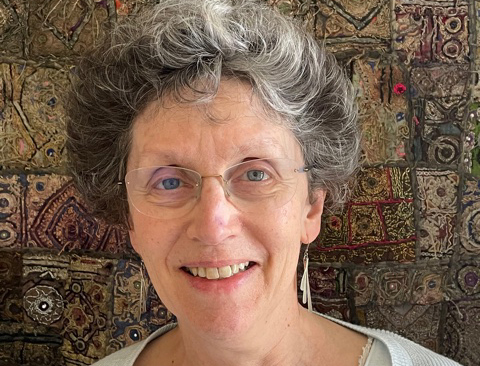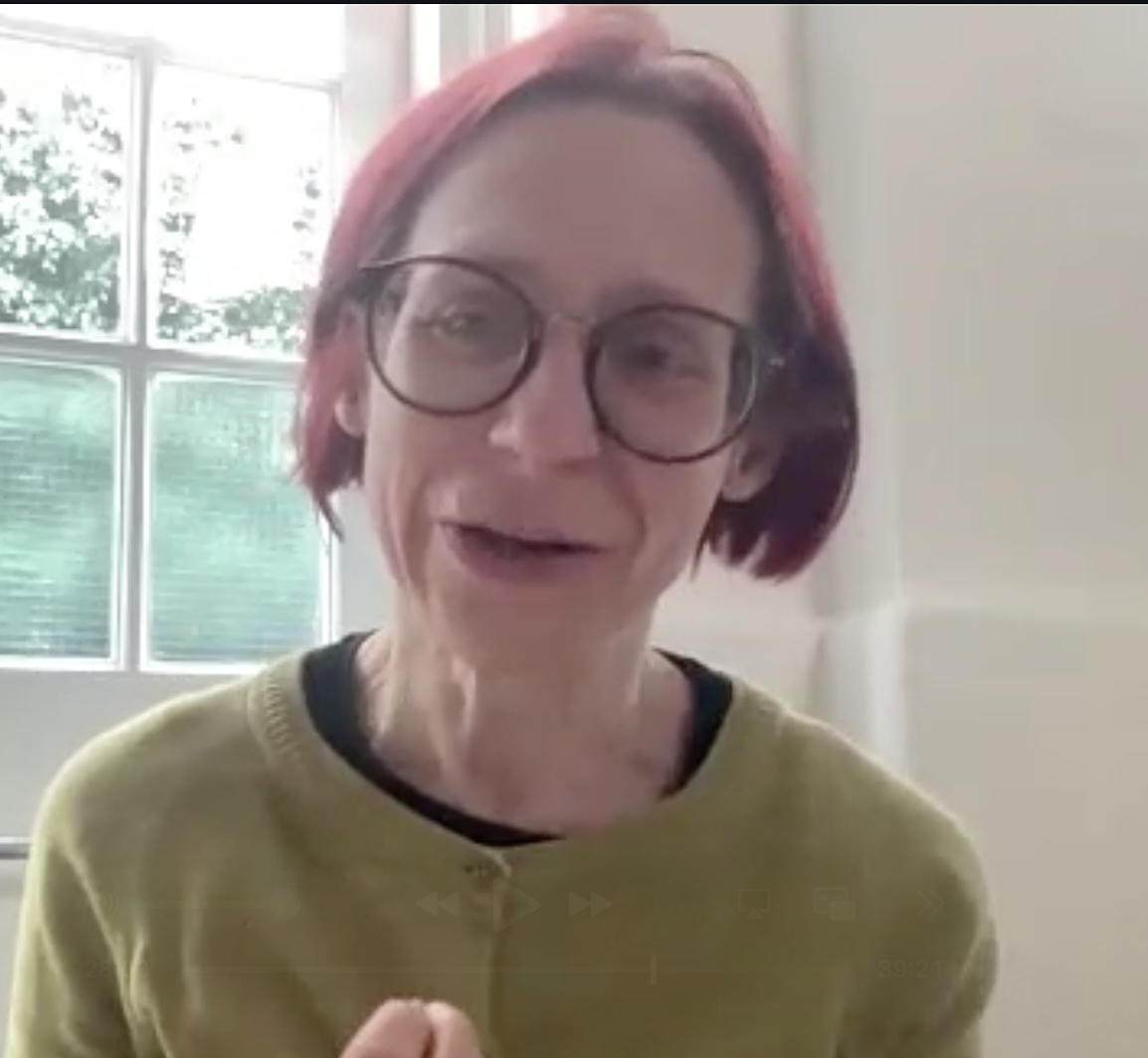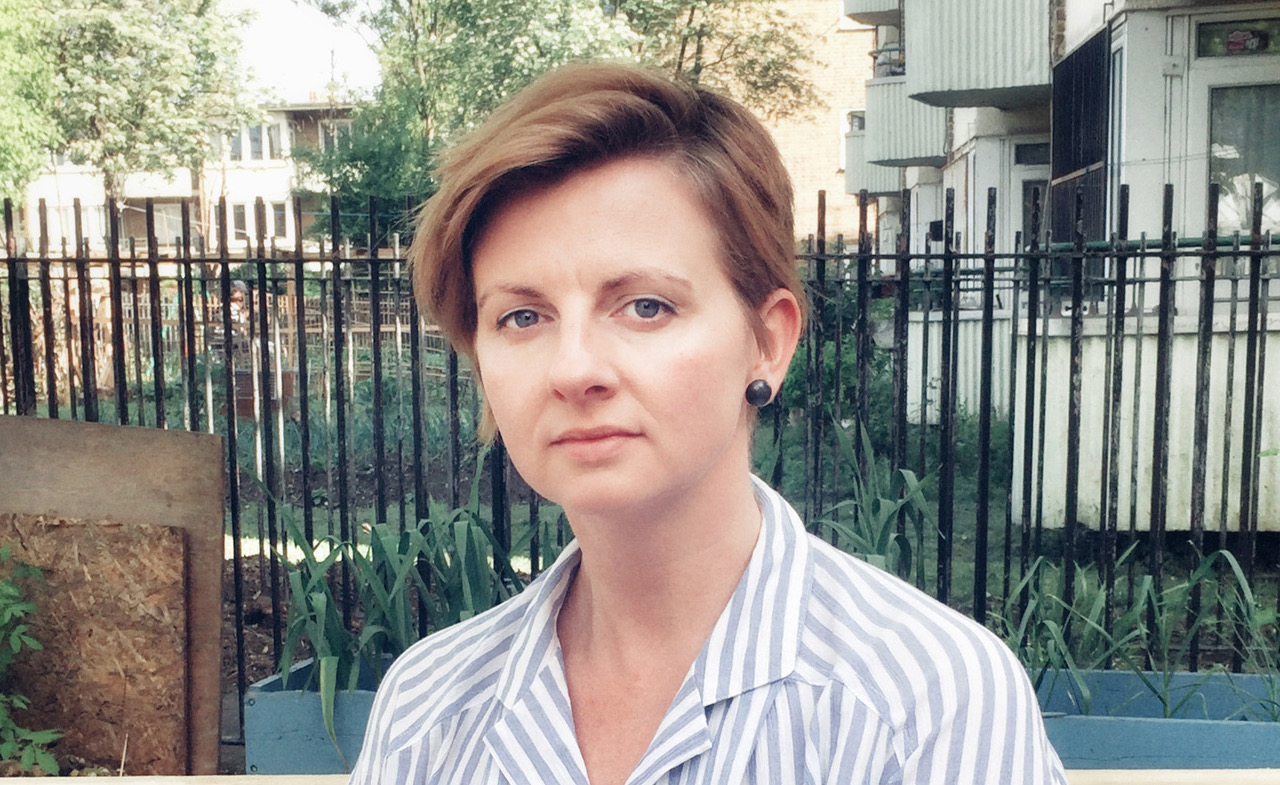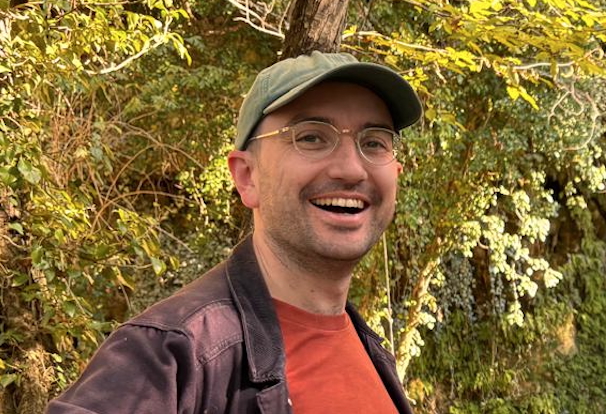About EMC
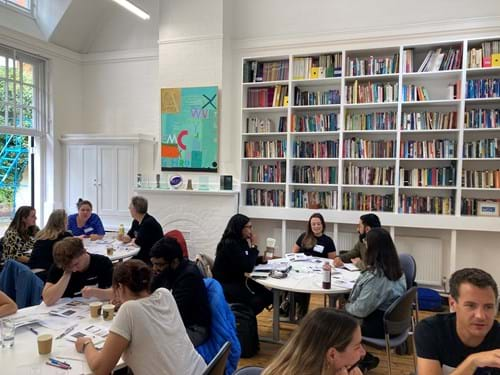
All about EMC!
EMC offers
- A variety of professional development courses
- Print and downloadable publications
- emagazine and MediaMagazine, quarterly magazines for A Level students with subscription websites
- Consultancy/advisory work
- Expert contributions to national initiatives and debates on English and Media teaching.
What do we do?
Watch a recording of our Introduction to EMC webinar. (55 mins)
The different sections of the webinar are also available separately:
- An Introduction to EMC: History, Principles & Practice (25 mins)
- A Taster Activity (20 mins)
- Getting the Most From EMC's Website (10 mins)
The EMC Team
EMC's Vision and Mission
You can download EMC's Vision & Mission Statement here.
What we believe in
- Joy, curiosity and pleasure at the heart of learning
- The importance of student voice
- Collaborative practice as best practice, for both students and teachers
- A diverse curriculum as an entitlement for all
- Education that is just and inclusive
- Practice informed by principles and principles informed by practice
What makes us stand out from the crowd
- Our advisory team is staffed entirely by experienced teachers who continue to maintain strong links with schools.
- Almost all of our work is produced in-house by team members with different specialisms. It is informed by core principles, with a guarantee of quality.
- We are self-funded and so can act as an independent voice for English and Media teachers, commenting freely on educational developments.
- We have a long history as an organisation, as do our subjects. We believe that we can draw on those histories, not to look backwards but to look forwards, using past experience and knowledge to inform future thinking and innovation.
- Our work is informed by our relationship with a range of individuals and organisations including primary education and HE specialists, the media industries, cultural organisations and awarding bodies.
Our mission for English and Media
We aim to:
- Promote best practice in all aspects of English and Media teaching.
- Work with teachers to further their subject knowledge and pleasure in the subject, in order that they can provide their students with the best possible experience in the classroom.
- Provide resources and training that support teachers in creating classrooms which:
- value students’ cultural and linguistic identities and build on their existing knowledge and interests
- are filled with a diverse range of rich and rewarding texts from different times, cultures and traditions
- nurture students to be creative and critical users and producers of texts in all forms – visual, spoken, written, multimodal
- make plentiful room for meaningful, productive talk in its various forms
- engage with subject content beyond what is examined.
- Design work to create and sustain English and Media classrooms in which students’ voices are heard and valued.
- Take a strong role in public debates and discussions about our subjects, advocating for views that are broad and expansive, grounded not only in research evidence but also the experience and judgements of teachers.
- Have high ideals and aspirations for teachers and students and work to a strong set of principles that guide our thinking but strive to avoid dogma and over-simplistic solutions to problems.
- Support all teachers in engaging critically with research and debates.


